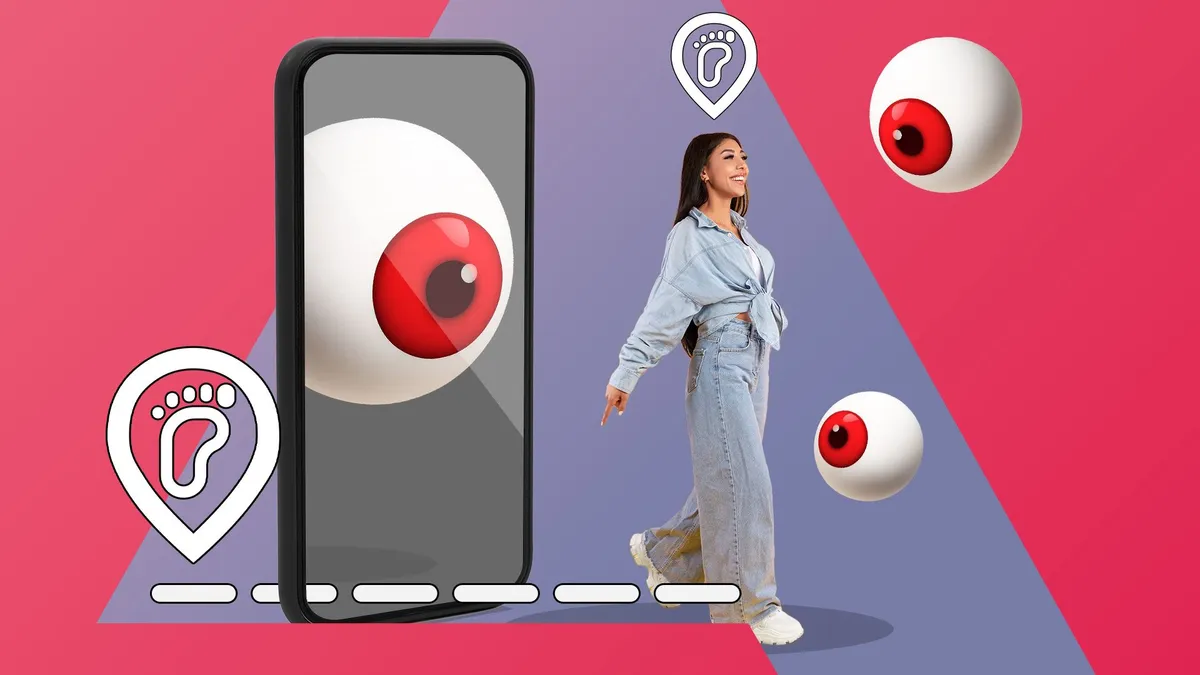
In today's digital landscape, we live in a reality where numerous apps freely collect our data. Whether it is to improve algorithms or enhance functionality, our personal information is constantly at risk. For instance, weather apps require your location data to provide relevant forecasts for your area, leading to continuous tracking. Unfortunately, some apps take this a step further, collecting far more data than necessary and even selling it to third parties. This situation raises concerns about your data safety, even if you are using an Android tablet solely for light browsing. In this article, we have compiled a list of popular apps that surprisingly collect an excessive amount of personal data, potentially misusing your on-device permissions.
Google Chrome is notorious for its heavy reliance on user tracking. Along with many Google-related products, it collects vast amounts of data. The official reason for this data collection is to enhance user experience through personalized ads and recommendations, utilizing cookies and data sent to Google Analytics. If you're concerned about privacy, consider switching to a more privacy-oriented web browser. My personal favorite is DuckDuckGo, which does not build a profile based on your activity and does not store your search history like Google does. Additionally, DuckDuckGo effectively blocks third-party trackers. However, one downside is the quality of search results compared to Google, which continually refines its search algorithm. While I use DuckDuckGo to reduce my time on Google Chrome, it's important to remember that opting into Google Search still involves feeding data related to search queries, clicked results, and interactions with ads.
Amazon Alexa was once regarded as a digital assistant that respected user privacy, but that perception has changed. Reports revealing that Amazon Alexa is always listening raised eyebrows. The device listens for its wake word, and if triggered, records your voice commands. Recently, a significant privacy change occurred: users can no longer opt out of sending voice recordings to the cloud. This means that local processing is no longer an option, forcing users to send all recordings directly to Amazon to train its digital assistant. This raises concerns about who at Amazon may be listening and what personal details could be inadvertently shared. Alternatives like Siri and Google Assistant may not be perfect replacements either. However, for those interested in open-source software for home automation with more local control, Home Assistant is gaining popularity for respecting user privacy.
When it comes to data collection, Facebook, owned by Meta, is a formidable contender. The extent of data collected and tracked is staggering. Recommending an alternative to Facebook can be challenging, especially if you have established personal connections on the platform. The reality is that you are unlikely to leave Facebook unless your friends and family do the same. Personally, I rarely use Facebook due to concerns about Meta's data collection policies. After downloading a copy of my data, I was disturbed to find a comprehensive record of my interactions, including chat history, attended events, and browsing history. This prompted me to stop using Facebook to share aspects of my life. Instead, I turned to alternative social apps such as Google Messages, Discord, WhatsApp, and LinkedIn to stay connected with friends and family. It’s important to note that no social media app is entirely safe, as most collect significant amounts of data. LinkedIn and Instagram, both owned by Meta, follow similar data collection policies.
Uber Eats is another app that raises eyebrows regarding data collection. While it is evident that the app needs to track your location to function, it employs questionable practices by maintaining full-time access to your location data even when the app is not actively in use. Additionally, Uber Eats collects purchase history and in-app interaction data for targeted advertising and personalized user experiences. Alarmingly, it has been reported that Uber Eats shares a significant portion of its data with third parties, ranging from 30% to 50%, depending on the platform used. If you prefer not to use the app, consider utilizing the web browser instead for food delivery. However, be aware that no food delivery app is truly kind to your data.
Given the controversies surrounding TikTok, it should come as no surprise that the app collects a considerable amount of user data. Several countries have debated whether to ban the app due to concerns that ByteDance, its parent company, could be accessing vast troves of user data. Although the U.S. ban has been postponed, the threat to national security remains a pressing issue. As a result, ByteDance is under pressure to sell the app to a U.S.-based entity to continue its operations in the country. Moreover, rumors suggest that TikTok may be developing a new app specifically for the U.S. market, which would utilize only data from American users. Regardless of these changes, TikTok continues to collect location data, usage patterns, device information, and interaction metrics to improve its services and personalize user experience. Competing platforms like YouTube Shorts, Instagram Reels, and Snapchat Spotlight face similar data collection challenges. To mitigate risks, consider diversifying your usage by exploring various short-form content apps instead of relying solely on TikTok.
Finding an app that does not track your data can be challenging. Instead, prioritize privacy-focused settings to help minimize data collection. For Google products, consider opting out of personalized ad recommendations, using incognito mode, and regularly deleting your browsing and watch history. Additionally, refrain from signing into accounts on websites unless absolutely necessary. By taking these steps, you can better protect your personal data in an increasingly interconnected world.